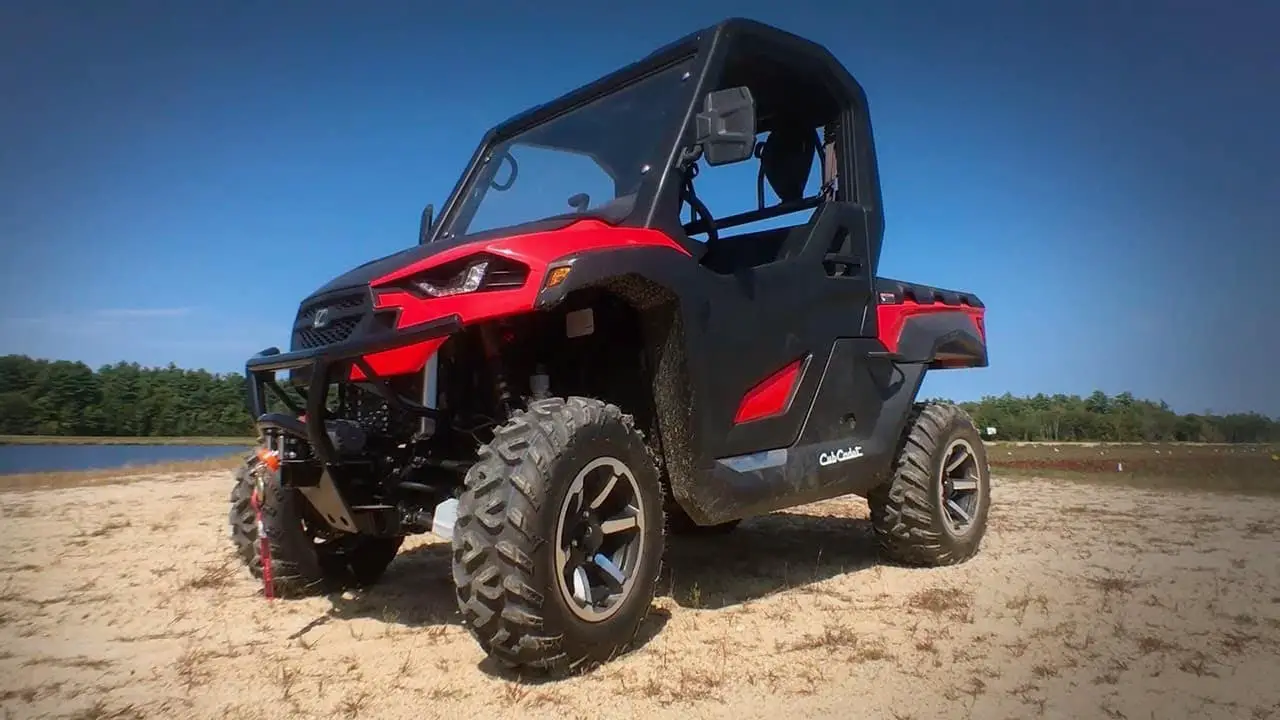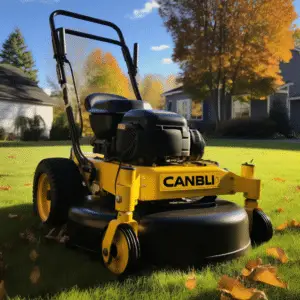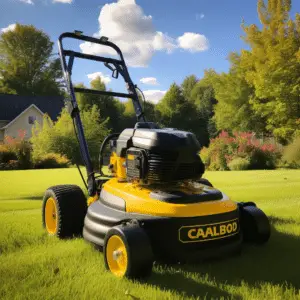
Common Cub Cadet 750 Problems: User Feedback and Fixes
Cub Cadet is a well-known company in the power equipment industry that also takes UTVs seriously. The American company, founded in 1961, has 1400 dealers and produces tough and inexpensive utility UTVs.
Cub Cadet first entered the recreation/utility market in 2015 with the Challenger 500 and 700. Their new Challenger 550 and 750 have improved performance, comfort, and standard amenities. In this article, we’ll go over the most common Cub Cadet 750 problems.
Common Problems with the Cub Cadet 750

The Cub Cadet Challenger 750 is an off-road vehicle made in the United States and comes with a 735 CC mil. Thus, everything about this UTV is good. However, despite its excellent specifications, this model has received some negative feedback on several forums. Some of the flaws are minor, while others are major. Below is a list of the most common complaints from the users:
- Engine problems
- Shifting lever problems
- Transmission problems
- Clutch Problems
- Steering problems
- Broke muffler
Engine Problems
One of the commonest problems with the Cub Cadet Challenger 750 is the engine shutting down without warning or producing any noise after running for a short period. This happens even if you change the oil regularly and use good synthetic oil.
The engine might not start once it shuts down for a variety of reasons. At this point, it is always an excellent idea to consult the operator’s manual. Make sure to follow all of the troubleshooting tips listed there, such as replacing a fouled spark plug, replacing old fuel, and cleaning a dirty air filter, among others.
You’re in big danger if nothing works and the timing chain comes off owing to worn-out camshaft and sprockets. The cost of rebuilding an engine, which includes replacing or repairing the timing chain, valves, camshaft, piston rings, and other components, can range from $1000 to $2000.
Aside from the issue mentioned above, the Cub Cadet Challenger also has issues with its engine power. Yes, there is an emission restriction factor, but the engines’ power looks slightly low for a 735cc mill. This problem is expected to be resolved with a performance improvement.
Shifting Lever Problems
Another issue that has irritated many Challenger 750 users is difficulty shifting. On many car forums, there are numerous complaints about the Cub Cadet Challenger 750’s shifting difficulties.
Some people even tried adjusting the shifting lever, but the problem persisted. So, what could be the underlying reasons for this?
You could always point the finger at the shifting’s poor design. Some people have already stated that! However, there could be too much grease in the primary clutch area. Yes, a very small amount of oil is required for the roller weights to move. It would be difficult to shift if there is much grease in your primary clutch area.
Transmission Problems
Another typical issue with the Challenger 750 is that sometimes the transmission grinds when you try to put it in reverse. If you encounter such a problem, you should first take it to the dealer or their service centre if the warranty term is still active. Allow them to take care of the transmission issue.
However, if the warranty has expired and you want to try fixing the problem yourself, there’s a good likelihood that the fluid is the source of the problem. As a result, try to wash the fluid out and replace it with fresh fluid. However, if things go wrong, you may need to purchase a new transmission.
Steering Problems
The steering on any two-wheel-drive vehicle is expected to be light, and it is for the Cub Cadet 750 until the drive lock engages. The steering becomes too heavy, and many people do not like this in their UTVs.

Conclusion
Despite its flaws, the Cub Cadet Challenger 750 is still a nice vehicle that you may own. There is no such thing as perfection!
However, if you do run into such issues, there are simple fixes you may try, or you can call their customer support department.
Frequently Asked Questions
What Power Is The Cub Cadet Challenger 750?
The Challenger 750 has a 735cc single-overhead-cam, single-cylinder, five-valve engine that produces 35.8 horsepower. The engine is actually similar to that utilized in the Challenger 700 with only a few changes. The bore is the same at 102mm, but the stroke is 6mm longer, increasing displacement and power.
How Fast Is The Cub Challenger 750?
The Challenger 750 is speedy enough to keep up a quick pace on the trail while also being powerful enough to handle steep climbs and hazards. Like any other recreational utility vehicle, the Challenger 750 isn’t a rocket; its top speed is 45 miles per hour.
How Does The Cub Cadet Challenger 750 Suspension Work?
The suspension on the Challenger 750 is fantastic. Fully adjustable piggyback reservoir shocks aren’t frequently found as standard equipment on recreational utility UTVs, but they accomplish the same job for the Challenger 750 as they do for sports machines. High-capacity, high-pressure gas shocks have several advantages over simpler components, and the Cub Cadets are also well-suited to the machine’s job. The Challenger 750 may not be able to blast through Whoops like a long-travel sports machine, but it does provide a comfortable, well-controlled ride in a variety of circumstances. The bottoming resistance is very excellent.
How Does The Cub Cadet Challenger 750 Handle?
The Challenger 750 is remarkably stable, predictable, and easy to handle. It seems well balanced in corners and straight lines, and the front and rear sway bars assist the machine turn without undue body roll.
On off-camber trails, the machine also feels solidly placed. Many people expect the challenger to be difficult to control on tight, twisty trails since they are accustomed to power steering, but this is not the case. Although it necessitates greater steering effort, it isn’t really bothersome unless the front differential is locked. Bumps, however, transmit a kick via the steering wheel that the power steering systems filter out.
